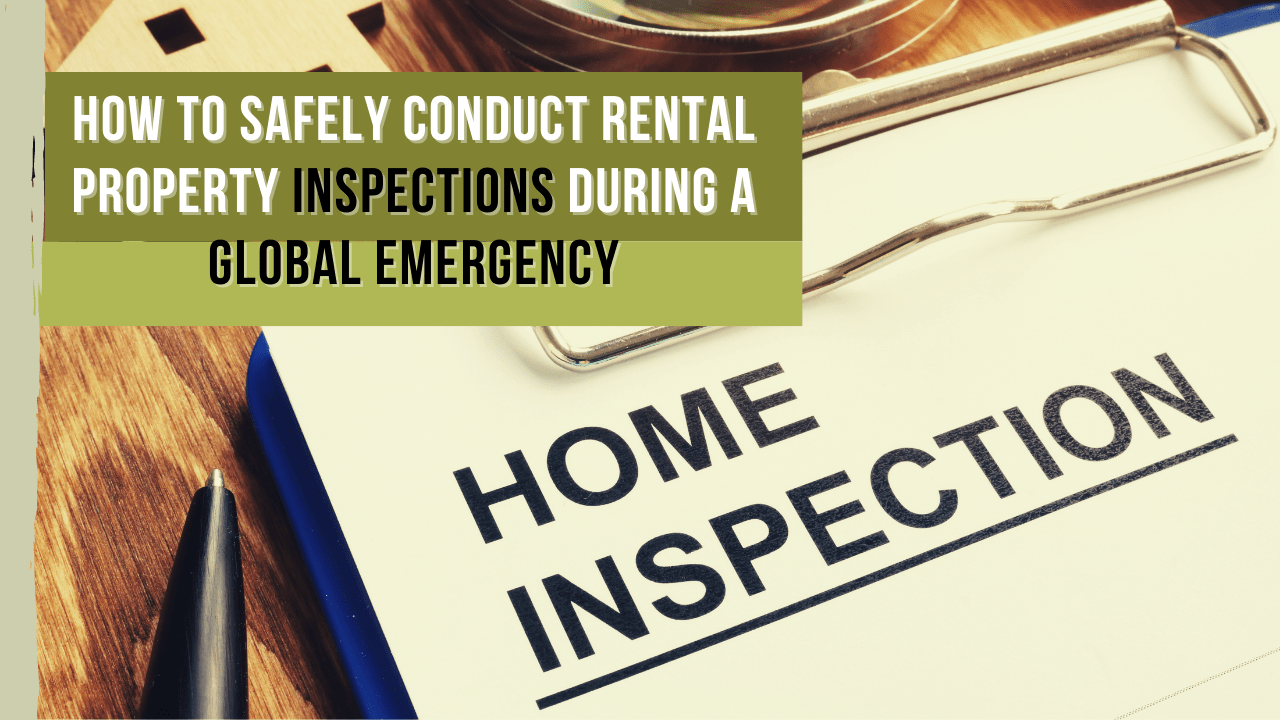When you’re inspecting a property with a tenant in place, extra care needs to be taken. Many tenants may not feel comfortable with having someone inside the home, and you’ll have to balance your need to see the property with your tenant’s safety and peace of mind.
If your tenants ask not to have anyone inside the home because of their potential exposure to this virus, you have to take that request seriously. You can still inspect the property. Conduct a video call with your tenant via Skype or Zoom or Facetime and have them walk through the property while you’re watching. This isn’t ideal, but it respects their request for a contact-free experience and it still gives you the ability to check on the property.
Most tenants, we have found, will not mind having you in the property. They might want to leave or wait outside while you’re inspecting. Wear a mask and gloves while you’re inside, and maintain a safe social distance if they’re at the property.
We understand rental property inspections can be a challenge right now, but don’t put them off. If you’d like any help with inspections or anything pertaining to Weston property management, please contact us at Florida Property Management Services.















